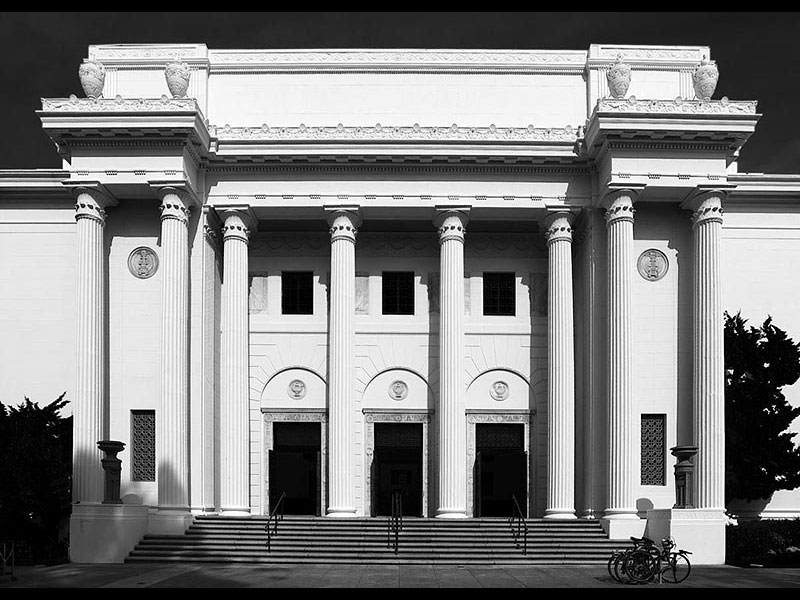

There is a recent written attack on libraries that I find odd and somewhat dangerous– libraries overlap too much with new-book bookstores. At first I thought it was trolling, but I now believe it is sincere. More worrisome is that anti-library lobbying is generally growing in strength but their attacks on the concept of libraries have been more implied and disguised, until recently. Maybe it is time to think a bit about what a library is and what they are for.
First of all, there are lots of types of bookstores and lots of types of libraries, so a short post will not be comprehensive, but hopefully illustrative.
I love bookstores, and I am fond of online and offline bookstores, used bookstores, quirky bookstores, bookstores of bestsellers. Basically, I love books, I buy lots of them. Lots.
I love the book arts, where the form of the book is the art. My wife, Mary Austin, helped start the San Francisco Center for the Book. If you are unfamiliar with book arts, it is a treat– I suggest you dive in and create your book.
And I love libraries– academic and public, subscription libraries (yes, there are 21 of them in the United States– you should join one or many), digital libraries and special libraries. Ever been in a “special library”? Yes it is a thing. They are really fun, for instance the Linda Hall Library in Kansas City, Missouri.
A bookseller of new books wants their customer to find the right new book to buy, bring home, and read.
A library is all about context, a library helps their patrons come up with new ideas and connections whether by reading a whole book or a few pages of lots of books– new and old. Libraries offer historical newspapers and new newspapers, and from distant lands and opposing points of view. And libraries have experts on tap: reference librarians.
To do all this, librarians work hard at “information about information”, or metadata, to provide context. Libraries strive for comprehensive collections in their areas of expertise not just the popular– they keep old editions because they can be important context. Libraries typically offer many types of media: books, recordings, moving images, archives.
In this way, a library helps people come up with ideas and connections, and if the ideas and connections are novel, and then get recorded, then they can be added to the library. Libraries help readers, many of whom become writers, whose works can then be made accessible, forever, in libraries. The great circle of knowledge creation and preservation.
As Jim Gray said “Libraries are engines of research.” They are not the research, they power the research. To research something, a person does not need to buy all the books on the subject, new and old– rather, there is a more efficient way– they can go to the library.
Booksellers offer books for sale, and thank goodness books are still for sale (don’t get me started on restrictive licenses on ebooks).
Librarians offer access and preservation.
Both are valuable, both are necessary, and they are different.
-brewster
Digital Librarian
Internet Archive

Libraries are also community centers. Whether it’s book discussions, story time or comicons, libraries are a place where people engaged in certain pursuits can meet up to collaborate, exchange information, learn or just study. Book stores offer space for some of these endeavors but not all and they are more invested in making sales while libraries are more invested in it’s community members needs.
Entirely different, yet complementary…I’m a librarian at a small public library and an indie bookstore supporter. I’ve rarely met a bookstore owner who isn’t a library fan as they understand the difference you outline.
In our small town, when we need a book in a hurry, we turn to our indie, rather than calling our jobber as 9 times out of 10, Bev can have it for us faster. Plus, we love to support her. We send patrons to her when they need a book in a hurry.
I admit I didn’t read the G&M piece as my blood pressure was high enough already after a long week doing takeout bags etc and I didn’t need to make it go higher.
Pingback: A Quarter-Billion Dollar Bag of Beans: Responding to Ken Whyte's Attack on Library Book Loans - Michael Geist
Bookstores and libraries both offer a kind of community where it’s ok to go. Where you can meet like minded persons or experts on finding or find things to read or view or hang out.
Pingback: Publisher Attacks Public Libraries, Gets Blasted in 2 Countries for It